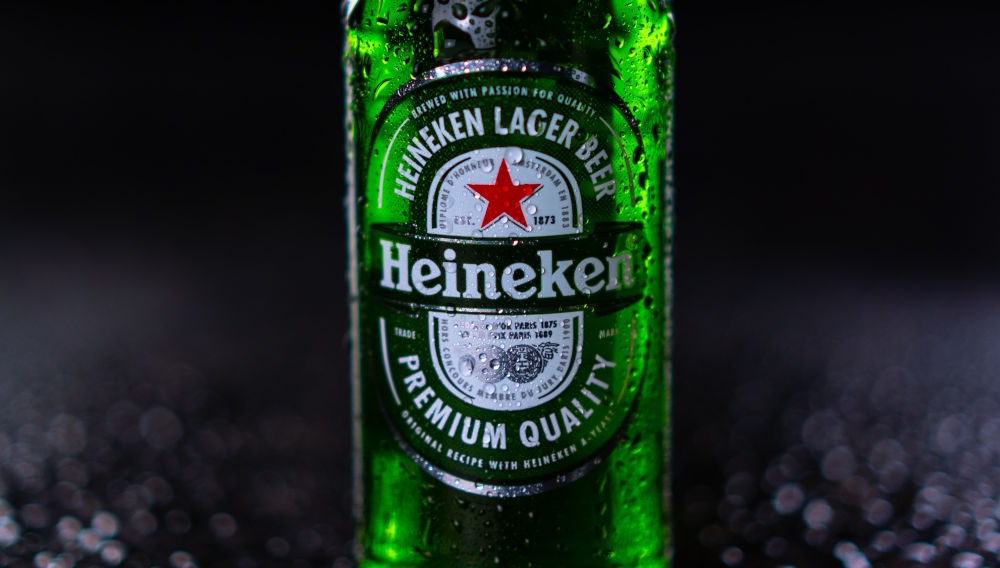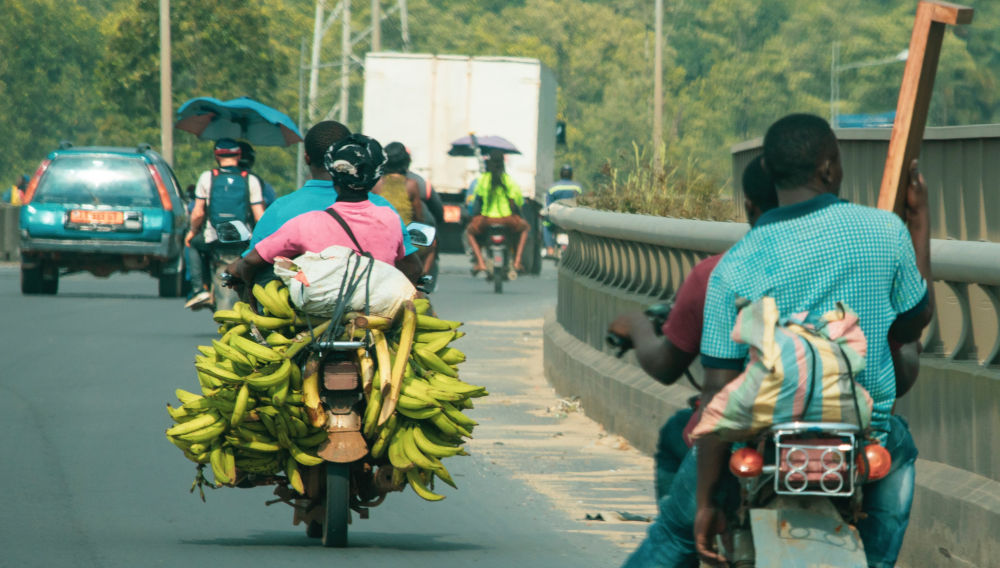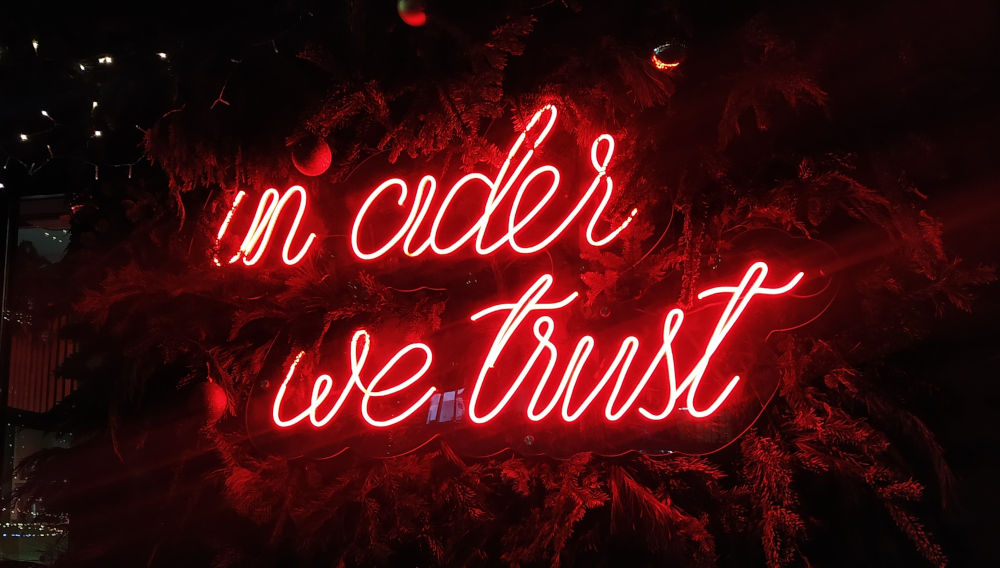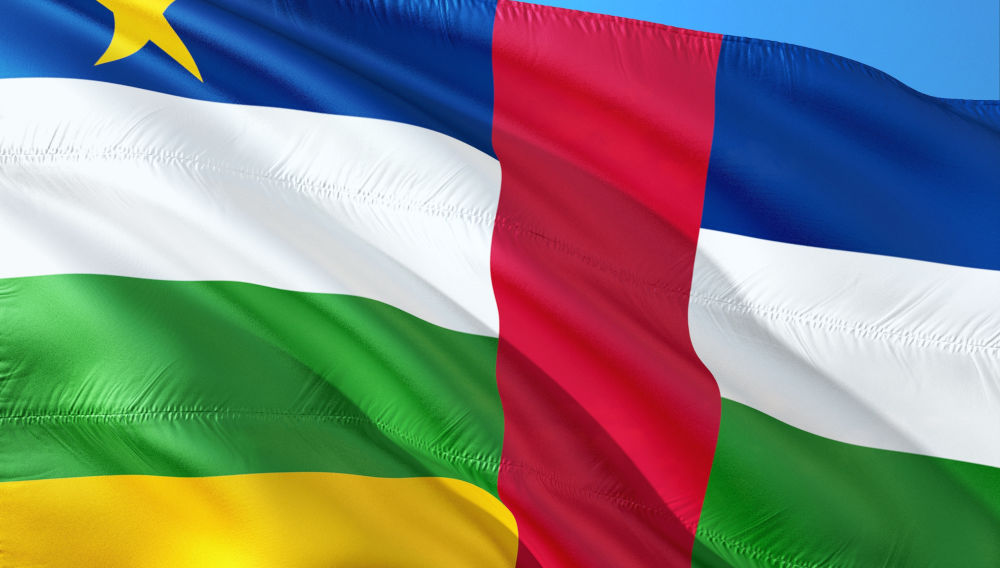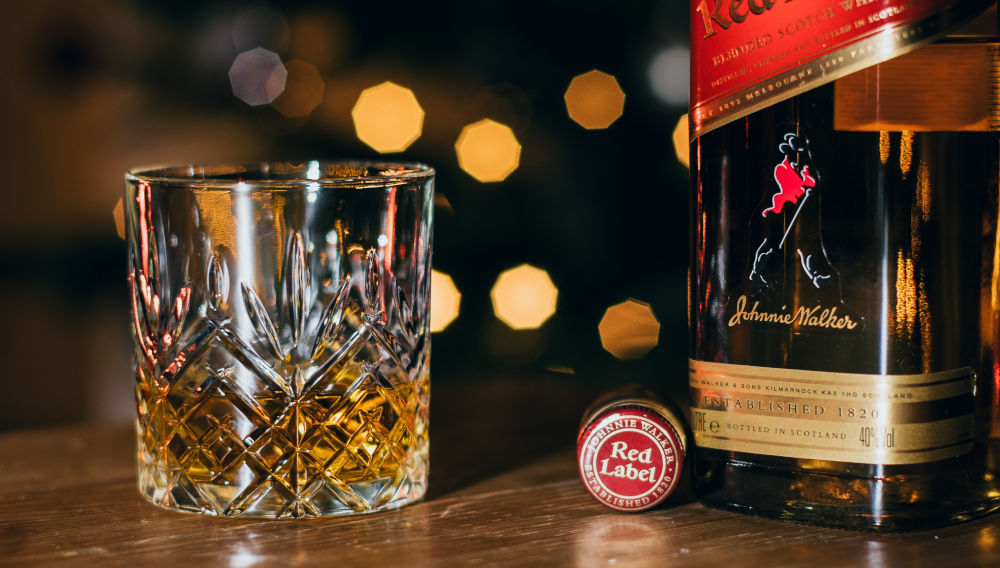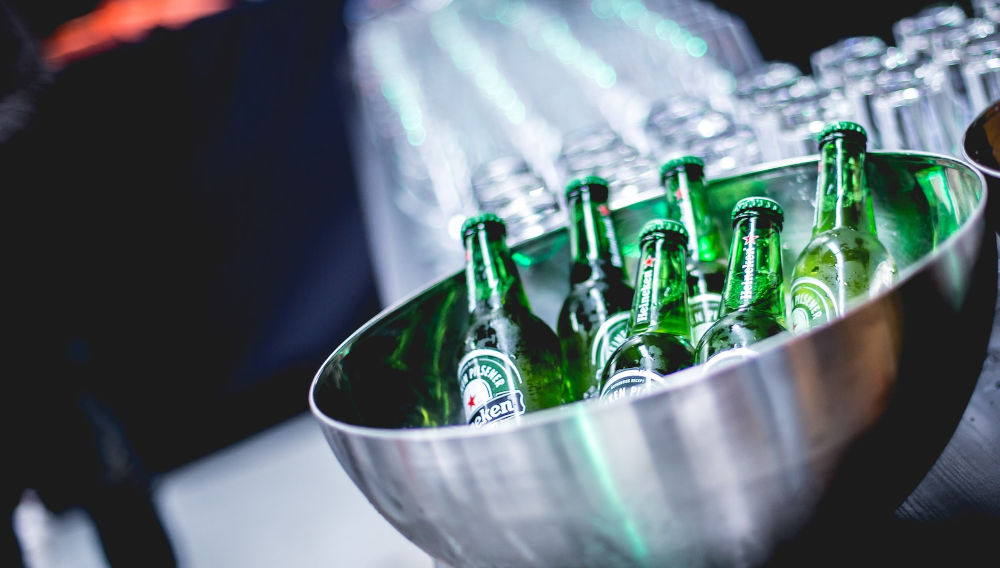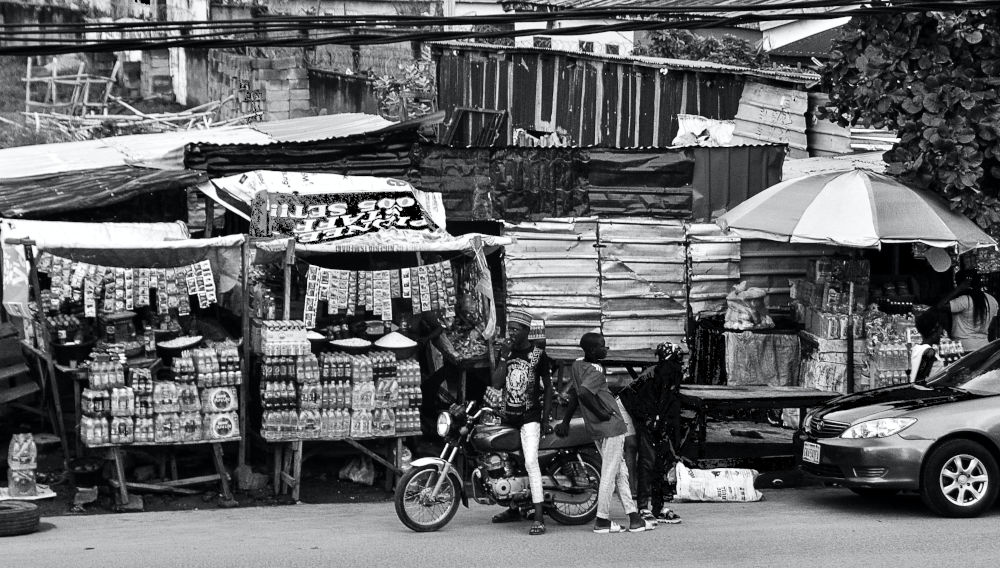Africa
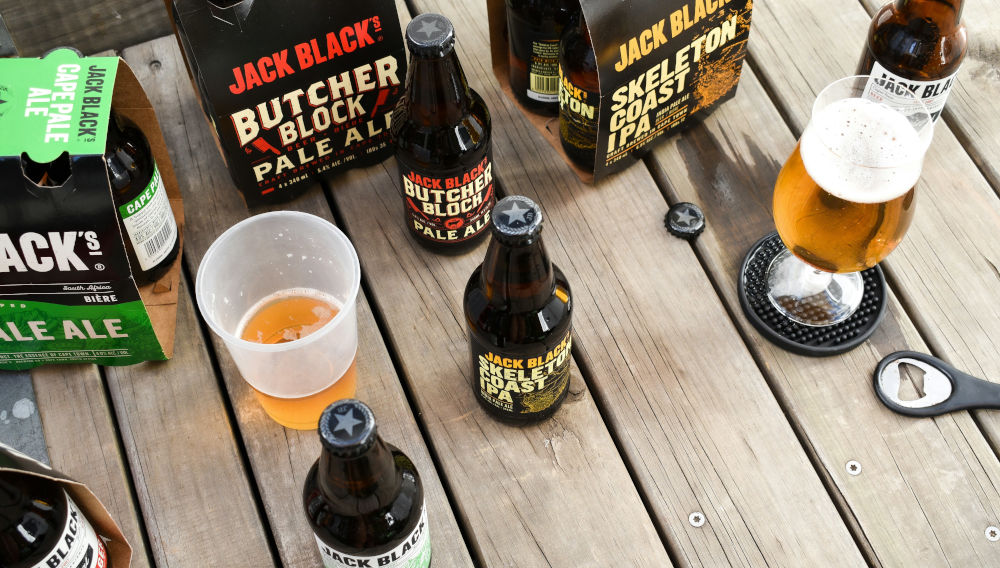
South Africa | Bad news for drinkers and smokers: Sin taxes on alcohol will rise between 6.7 percent and 7.2 percent and above inflation. The measure is to help the government raise additional revenue to close its massive deficit. Duties on tobacco products will also increase between 4.7 percent and 8.2 percent.
Africa
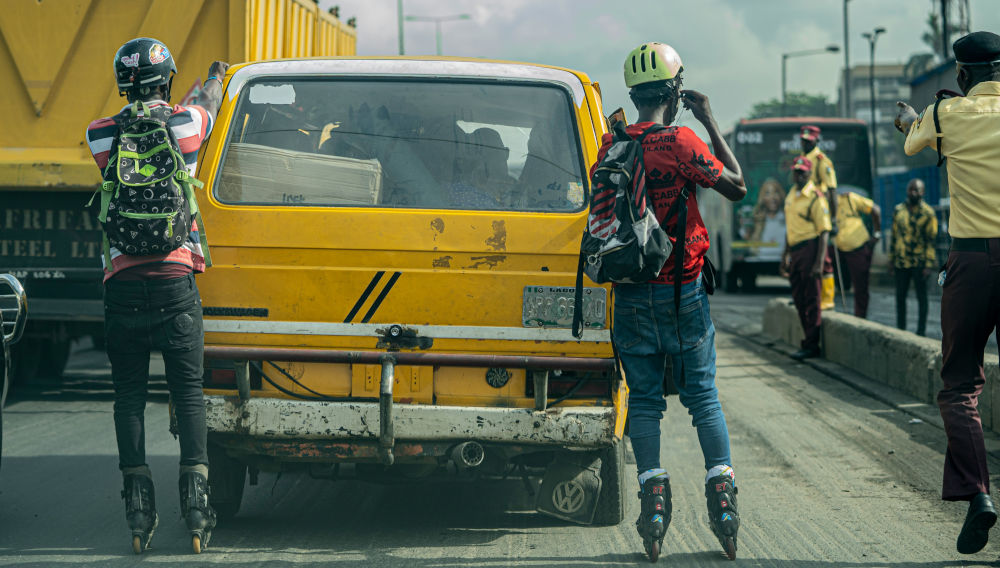
Nigeria | It is hard to believe that Nigeria once used to be paved with gold for brewers. Market leader Nigerian Breweries, which is controlled by Heineken, said on 16 February, it is facing the worst downturn in the history of its operations in Africa’s most populous nation.
Africa
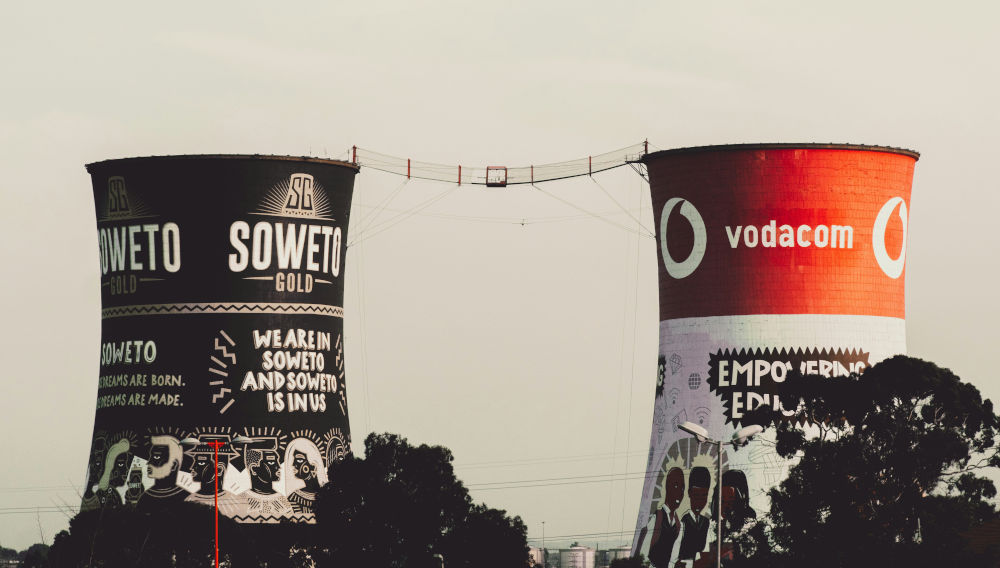
South Africa | About 50 workers at Heineken Beverages, which recently merged with South Africa’s alcohol producers, Distell, lodged a dispute with the Commission for Conciliation, Mediation and Arbitration (CCMA) to get the company to employ them on a permanent basis.
Africa
Cameroon | A Swiss entrepreneur is shaking up Cameroon's beer market. Eser Karatas’ brewery will come on stream before the year is out in the country's largest city – Douala – with ambitious goals.
Africa
South Africa | When Heineken divested the Strongbow licence in perpetuity at the behest of the regulators, no financial details were disclosed. This has not stopped pundits from wondering how much the buyer – Cider House Investments – would have had to fork out for the licence.
Africa
South Africa | We heard it on the grapevine that Signal Hill Products, the holding company for South Africa’s major craft brewer Devil’s Peak, is building a large cider production plant near Johannesburg. But only insiders would have known that Signal Hill was involved in Heineken’s divestment of its Strongbow brand in South Africa.
Africa
Central African Republic | At the same time when Russia promised to donate 50,000 t of wheat to the CAR by year-end - most likely in an effort to loosen Wagner’s grip on the country - media in the CAR reported the sighting of a large container in Cantonnier, a town some 600 km to the west of the capital on the border with Cameroon.
Africa
Nigeria | Diageo’s Nigerian arm will stop importing some spirits such as Johnnie Walker whiskey next year to help reduce its foreign-exchange needs and the impact of a volatile currency on its business.
Africa
Morocco | Société des Boissons du Maroc (SBM), Morocco's leading brewer and controlled by France’s Castel Group, announced in September that its licence agreement for the production and distribution of several Heineken brands will expire in December 2023, and that the two partners decided not to renew it.
Africa
Nigeria | The country’s major brewer, Nigerian Breweries, sank to its first half-year loss in at least ten years. A net foreign exchange loss of NGN 70.6 billion (USD 92 million) in the second quarter extended the company’s loss position to NGN 47.6 billion (USD 63 million) at half-year, Nigerian media reported on 28 July.

